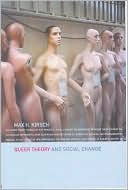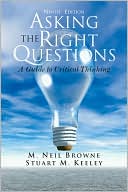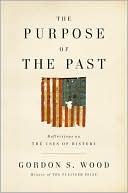Queer Theory and Social Change
Search in google:
The emergence of queer theory represents a huge leap in our understanding of lesbian and gay peoples. It embodies a context for treating these people as worthy of consideration in their own rights and not as an appendage to general cultural theory. Max Kirsch argues that the current development of this area is in danger of repeating past mistakes in the construction of analyses, and ultimately, social movements. In this way, the book presents an alternative to the current fascination with the abstract categories of identity, culture and difference, and emphasizes the need for a discussion of the importance of communities and role of globalization on queer movements.
AcknowledgementsixIntroduction1The reception of theory2Generations of understanding and practice6The organization of this work10Part IPositioning Queer theory131Crossroads15The current dilemma15The postmodern turn19The academic context302Making Queer theory32Beginnings32Queer theory proper34Queer theory and diversity35Precursors37Class in Queer theory38Power and the production of ideology40The paradox of Queer theory42The use of the concept of culture43Part IIEvaluating practice473Considering sex, gender, and difference49The essentialist / constructionist debate: from troubles to difference53Queer and different57Solidarity and solitary analyses604Capitalism and its transgressors65Capitalism, community, and identity66The transformation of the social sphere67The destruction of community68Communities in late capitalism69Politics and lifestyle72Consuming desire73Globalizing queer775Meta-identity, performativity, and internalized homophobia79Academic stardom, performance, and the attributes of language79Roles and subversions: professing parody86Parody, imitation, and internalized homophobia90Part IIIMoving ahead956From culture to action97What is political?98Identifying with social movements100The appropriation of energy103Resistance movements107Class, race, gender, and social resistance110Conclusion: theory, politics, and the community113The queer community115Queer communities as part-cultures116Developing strategy117The promise of civil society118Queer theory revisited121Notes124Bibliography139Index152








